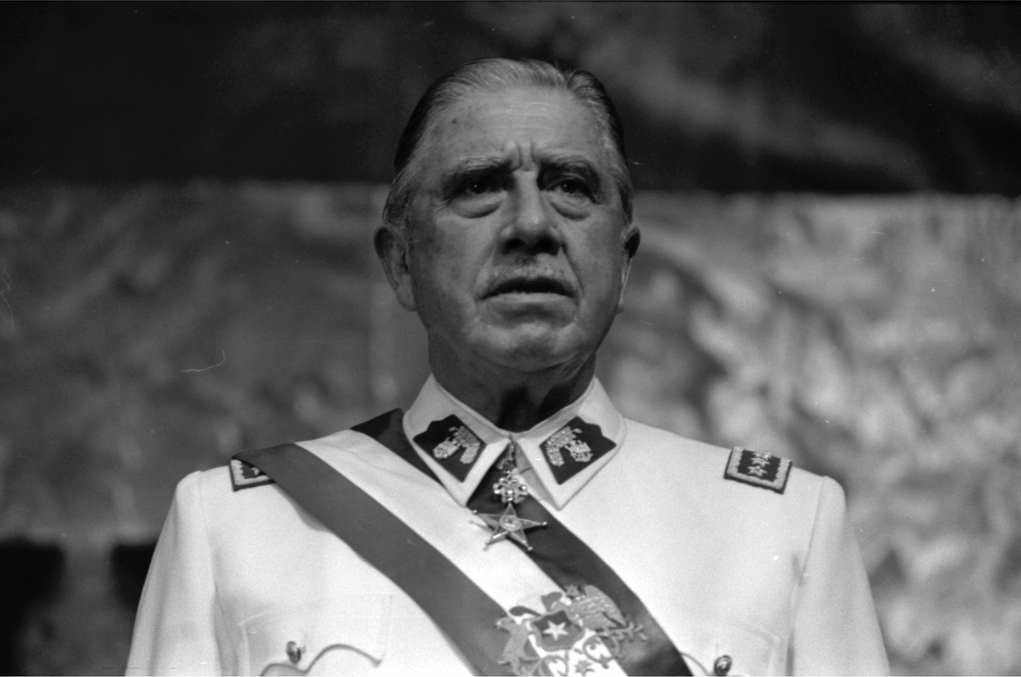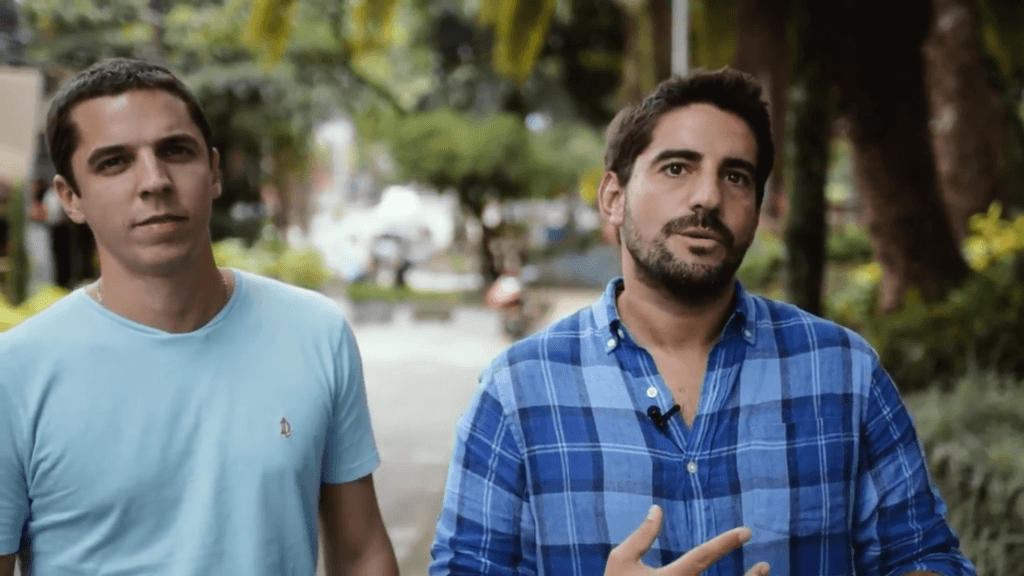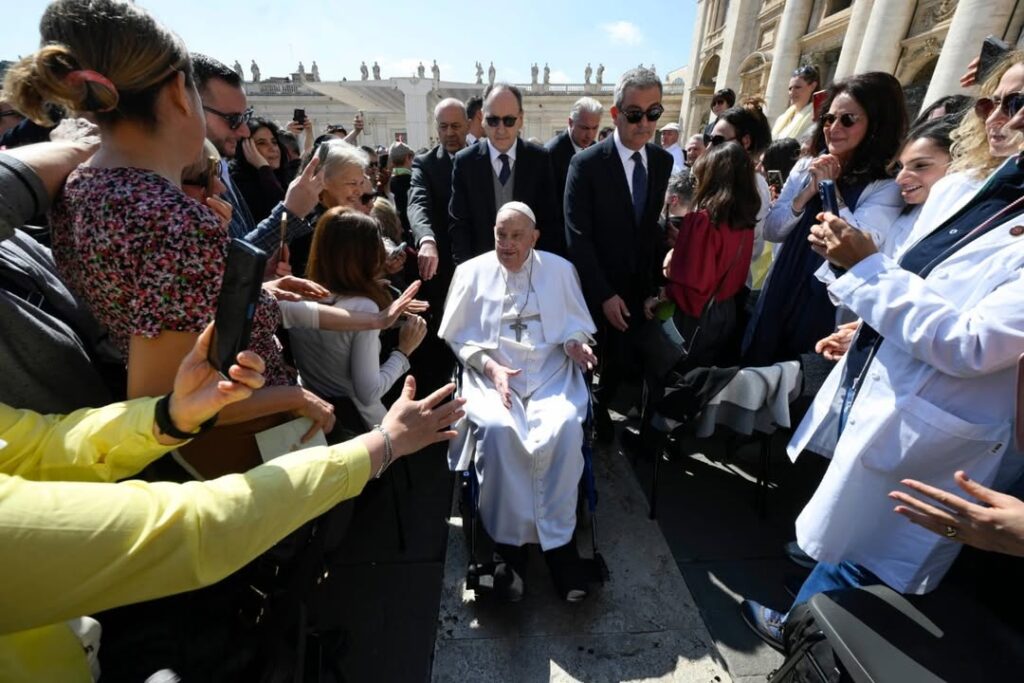Argentina’s Federal Police have detained Chilean ex-colonel Sergio Jara Arancibia, who is wanted for murders that took place during the 1973-1990 Augusto Pinochet dictatorship.
Jara, who had been on the run for a year, has an international arrest warrant out in his name for the 1973 murders of a doctor and a public official who were opposed to Pinochet’s bloody regime, reported Clarin.
The General Management of International Coordination of the Interpol Department were those who managed to track the location of the Chilean fugitive, but the cooperation between Argentina and Chile were also “key” to finding his whereabouts, highlighted the Ministry of Security.
Together the groups followed Jara’s son as he travelled throughout Argentina, ending up in Mar de Plata where Jara was arrested.
#MarDelPlata detuvimos a un ciudadano de nacionalidad chilena sobre quien pesaba un pedido de captura internacional por homicidio. Era uno de los fugitivos más buscados por las autoridades del país vecino. ??????? #PFA #PoliceCoperation #LawEnforcement @INTERPOL_HQ pic.twitter.com/8k72GoEycn
— Policía Federal Argentina (@PFAOficial) 15 de julio de 2018
“We detained a Chilean citizen who had an international arrest warrant on his name for murder. He is one of the most wanted fugitives by the authorities of the neighbouring country.” Argentina Federal Police
He will be extradited to Chile where he will undergo trial in his native country.
The military dictatorship in Chile began in 1973 when the constitutionally-elected President Salvador Allende was overthrown by a military coup, with Augusto Pinochet at the head. He immediately closed down the National Congress, prohibited the creation of political parties and instigated press censorship.
According to official data quoted in El Mostrador, over the 27 years Pinochet was in power, 3,200 people died or ‘disappeared,’ and around 33,000 were tortured and put in prison for either political reasons, or for no reason at all. During the same period Argentina was experiencing its own bloody military dictatorship that took place between 1974 and 1983 which echoed similar crimes against humanity.
However, Pinochet suffered a heart attack in 2006 without being convicted of any crimes. His death triggered a conflicting mix of celebrations and mourning throughout the country.










